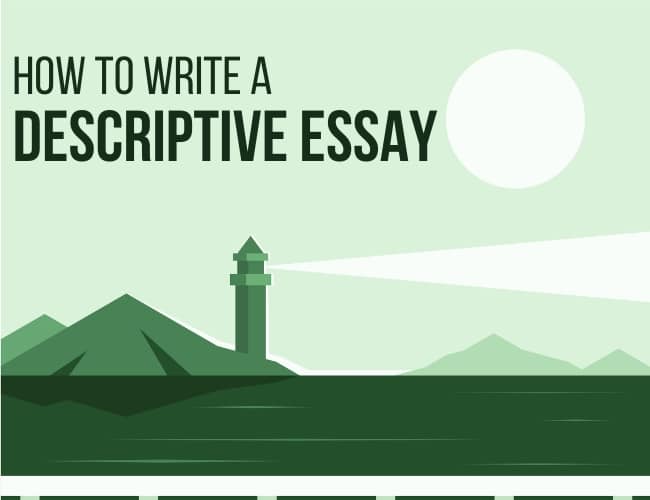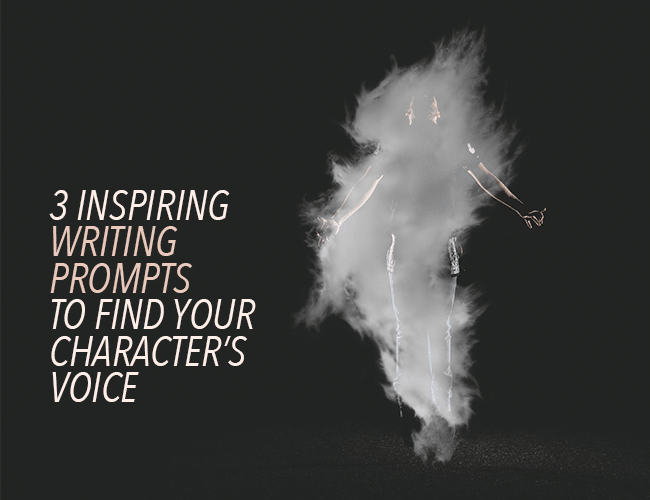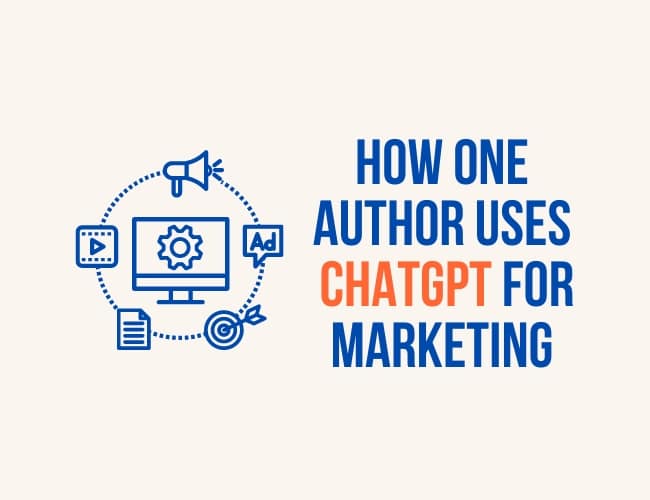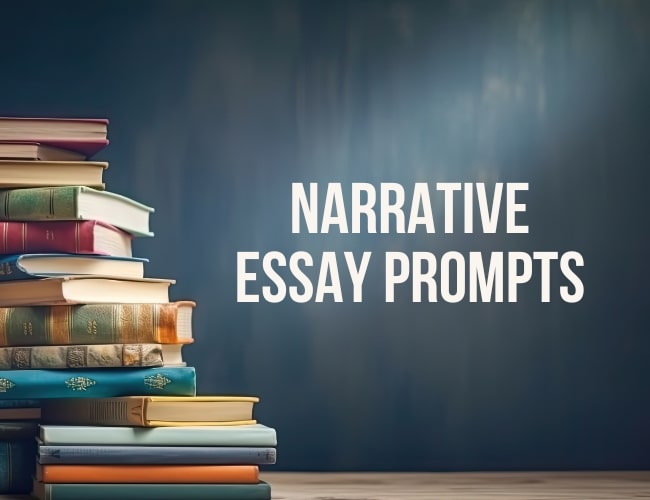
by Sue Weems |
Descriptive writing is necessary in every other type of writing you do. Crafting a descriptive essay allows you to immerse your readers in the colors, textures, and sounds of your narrative, taking readers on a vivid journey.
By mastering the art of descriptive writing, you’ll not only engage your readers’ senses but also become a stronger writer too! Today, we’ll explore how to write a descriptive essay.

by Jeff Elkins |
Great characters feel real. They talk, act, and respond to stress in ways we recognize, with their own personal character voice. We can relate to them because they seem human.
To write a character that leaps off the page, we need to know her deeply. We need to understand her thoughts and feelings. If our audience is going to empathize with her, we have to first.

by Evelyn Puerto |
Many writers lament spending any time away from their creative worlds to pen social media posts or spend time on marketing efforts. But both social media and email can help authors find and communicate with their target audience. What’s a writer to do? Let’s look at how to use ChatGPT for marketing, so you can get back to your stories sooner.
by Kellie McGann |
I’ve considered myself a writer for years, but a storyteller? I thought that just came with the territory. It wasn’t until I listened to an interview between Write Practice founder Joe Bunting and writer Kevin Kaiser that I realized the two are very different.

by Elizabeth Nettleton |
Expository essays help readers gain a deeper understanding of a topic. When writing this type of essay, your goal is to inform, describe, or explain the topic in an objective, factual, and balanced way. If you want to write an expository essay but aren’t sure where to begin, here are twenty brand new prompts to get you started.

by Sue Weems |
If you’re practicing your personal essay skills or just storytelling in general, these narrative essay prompts are a great way to get started!







